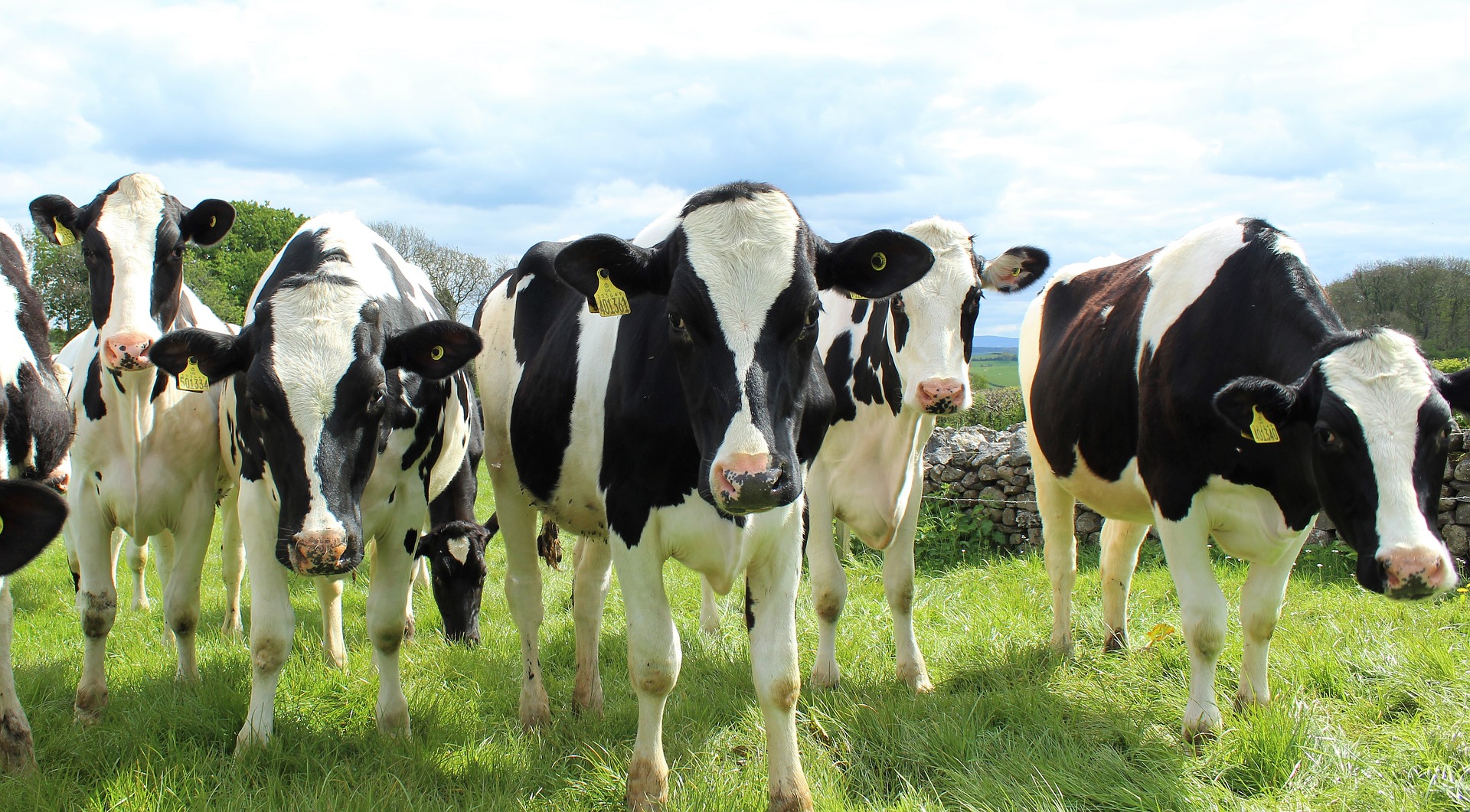As we approach a point of no return in terms of global warming and Europeans catch their collective breath following the highest temperatures ever recorded across the continent, and communities in the United States' Plains states continue to assess the damage from unprecedented flooding and tornado action in May and June, an international research team headed by Prof. Itzhak Mizrahi of BGU's Department of Life Sciences and of The National Institute for Biotechnology in the Negev (NIBN) and by Prof. Emeritus R.J. Wallace of Scotland's University of Aberdeen, has published a study which found that cow genes can be used to control rumen microbiomes in order to control the amount of greenhouse gasses that animals emit.
In addition to the 'hard science' value of the discovery, the findings have profound implications for dairy and beef farmers trying to reduce their industry's contribution to climate change as well as bolster dairy producers' attempts to maintain or improve milk production efficiency while maintaining product safety.
The study, in Science Advances, which covered 1016 cows (816 Holstein dairy cows, 200 Nordic Red dairy cows) spread over four European countries (Italy, Finland, Sweden and the United Kingdom), found that that a small number of host-determined, heritable microbes make significant contributions to explaining experimental variables and host phenotypes. This, they predict, will lead to microbiome-led breeding/genetic programs to provide a sustainable solution to increase efficiency and reduce emissions from ruminant livestock.

"Our findings are both a major breakthrough for basic science and will have a positive impact on two major challenges facing the international community for the foreseeable future: climate change and food security," says Prof. Mizrahi, who also serves as a member of the National Institute for Biotechnology in the Negev . " Even now, the planet is operating at maximum output for meat and dairy products, and that problem is only going to get worse in the coming decades: By 2050 the world will have approximately 9 billion people. That's going to mean a serious crisis in protein nutrition.
"We expect to be able to increase production efficiency while at the same time reducing methane emissions. It would be hard to think of a more important 'win-win' for the planet than that," Prof. Mizrahi added.
The study offers such as inoculating key core species associated with feed efficiency or methane emissions as precision probiotics approach could be considered as likely to complement the heritable microbiome towards optimized rumen function, they said.
Significantly, the researchers believe that although the current focused on two bovine dairy breeds, the results are likely to be applicable to beef animals and other ruminant species. "Given the high importance of diet in performance and the composition of the rumen microbiome, such programs should take special cognizance of likely feeding regimes. Within that context, following the overall predictive impact of identified trait-associated heritable microbes on production indices should result in a more efficient and more environmentally friendly ruminant livestock .
Media Coverage
JPost
CTech by Calcalist
Feedstuffs
Science Mag
Israel21C
AZOCleantech